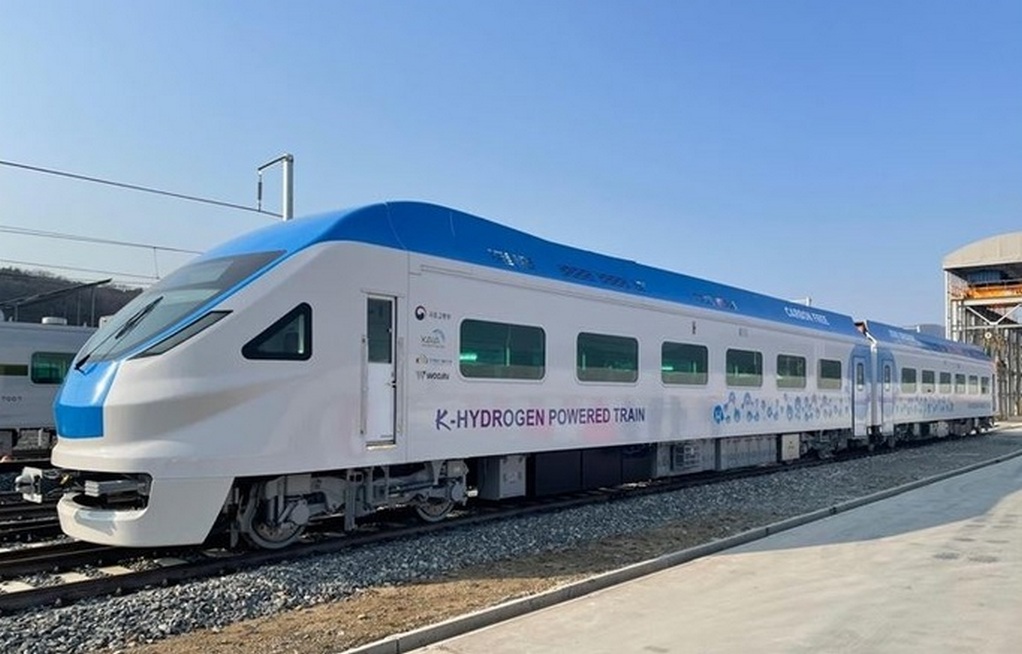Prince Abdulaziz bin Salman, Saudi Arabia’s Minister for Energy, announced that the Middle East’s inaugural hydrogen train will commence trial runs this week. Addressing the UN MENA Climate Week in Riyadh, he said, “It will be on trial for the next week, and hopefully for the next few months, marking the debut of the first hydrogen train in the Middle East.”
Furthermore, the minister shared that Saudi Arabia is poised to introduce a “credible, transparent, and flexible domestic market mechanism”, although he refrained from providing further details.
Hydrogen trains offer several advantages like Zero Emissions: They do not release carbon dioxide or other pollutants into the atmosphere, contributing to cleaner air and reduced greenhouse gas emissions.
Long Range: Hydrogen trains can cover longer distances than battery-electric trains on a single tank of hydrogen, making them suitable for intercity and regional routes.
Refueling hydrogen trains is faster than recharging electric trains, which can be important for maintaining tight schedules.
Several countries, including Germany, the UK, Japan, and others, have been developing and testing hydrogen trains as part of their efforts to reduce emissions in the transportation sector. These trains represent a promising solution for making rail travel more sustainable and environmentally friendly.
Tags: Hydrogen, Middle East, Zero Emission



Recent Posts
Greenlyte and MB Energy sign strategic e-methanol offtake agreement
CSDC and TECHNOLOG forge alliance to drive green, smart shipbuilding
DPA Kandla invites bids for India’s first port-based bio-methanol plant
Green & Digital Maritime Corridors Dialogue’ at JNPA sets stage for India Maritime Week 2025
Thermax partners with HydrogenPro for alkaline electrolyser systems in India
PIL Conducts First Simultaneous Cargo and LNG Bunkering in Singapore
NYK Takes Delivery of LNG-Fuelled Capesize Bulker SG Dawn
Swire Shipping joins Achilles Maritime Network to strengthen supply chain sustainability and compliance